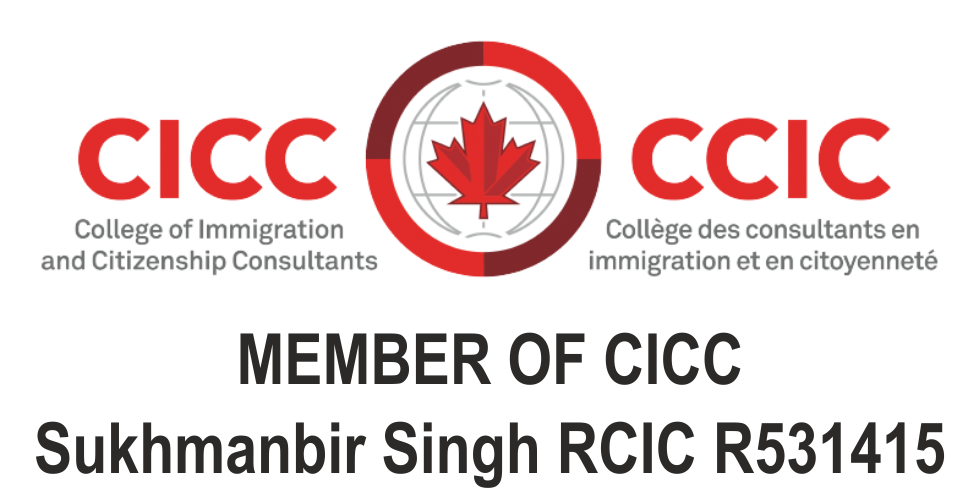LMIA Exempt Work Permits
A Labour Market Impact Assessment (LMIA) exempt work permit allows foreign nationals to apply directly to Immigration, Refugees and Citizenship Canada (IRCC) without needing a positive LMIA confirmation from Employment and Social Development Canada (ESDC). The IRCC may issue an LMIA-exempt work permit based on various exemptions, including entrepreneurs and self-employed persons, French-speaking skilled workers, intra-company transferees, and provincial and territorial programs. Additionally, exemptions apply to international exchange programs and spouses of skilled workers.
Other categories for LMIA exemptions cover charitable and religious workers, permanent residence applicants in Canada, and researchers. Vulnerable workers facing abuse or exploitation may also qualify for an LMIA-exempt work permit. This flexibility helps facilitate the entry of foreign nationals into the Canadian workforce while addressing various needs and situations.

LMIA Exempt Work Permit Eligibility and Requirements
In certain situations, an employer may require a Labour Market Impact Assessment (LMIA) to support a job offer for an Express Entry candidate. However, an LMIA is not necessary if the applicant meets the following criteria:
- The applicant has been working full-time for the employer on an issued work permit for at least one year (or an equivalent amount of part-time work).
- The applicant holds a valid job offer.
- The applicant possesses a valid work permit that is exempt from LMIA requirements under an international or federal-provincial agreement or within the Canadian interest category.
Applicants working in skilled trade jobs can receive job offers from up to two employers, and they must be employed by both.
If applicants satisfy the eligibility criteria under any of the LMIA exemption categories, they can directly apply for an LMIA-exempt work permit with Immigration, Refugees and Citizenship Canada (IRCC).
Employers can apply for the LMIA exemption if they can demonstrate that hiring the worker will provide significant social, cultural, or economic advantages to Canada. This allows for the recruitment of skilled workers whose contributions align with the needs of the Canadian labor market.
LMIA Exempt Work Permit Process
- Post-Graduation Work Permit (PGWP)
- Bridging Open Work Permit (BOWP)
- Spousal Open Work Permit (SOWP)
This permit is available to international students who have graduated from a designated learning institution (DLI) in Canada.
Individuals who have applied for permanent residence in Canada, as well as their dependent family members, can apply for this permit.
This permit can be obtained by the spouse or common-law partner of a skilled worker, an international student in Canada, or an applicant of the Atlantic Immigration Pilot Program.
Other Open Work Permit Types for Specific Situations
Students who are unable to meet the costs of education in Canada may qualify for an open work permit.
Refugees, refugee claimants, protected persons, or their family members can apply for an open work permit.
Those under an unenforceable removal order may be eligible for an open work permit.
Holders of temporary resident permits can apply for an open work permit.
Young workers participating in programs like the International Experience Class may qualify for an open work permit.
Foreign workers holding an employer-specific work permit who are experiencing abuse or are at risk of abuse in relation to their job in Canada can also apply for an open work permit.
Supporting Documents for LMIA Exempt Work Permit
The document checklist varies based on the LMIA exempt category. To prevent processing delays, all documents submitted must include a certified translation if they are not in English or French. It is crucial to note that any false statements or fraudulent documents may lead to application refusal and potential legal consequences.
In addition to identity documents, the following are generally required:
A job offer that is exempt from the LMIA requirement.
Documentation proving eligibility for LMIA exemption.
Necessary for background checks.
Depending on the specific category, additional documents may be needed, such as:
- Provincial Nominee certificate
- Intra-company transferee documentation
- Evidence related to international agreements
It is advisable to avoid finalizing travel plans until the LMIA work permit exemption application is approved by IRCC.
Before applying for an LMIA exempt work permit, individuals should gather all relevant documents according to their category and adhere to the document checklist provided in the official guidelines.





